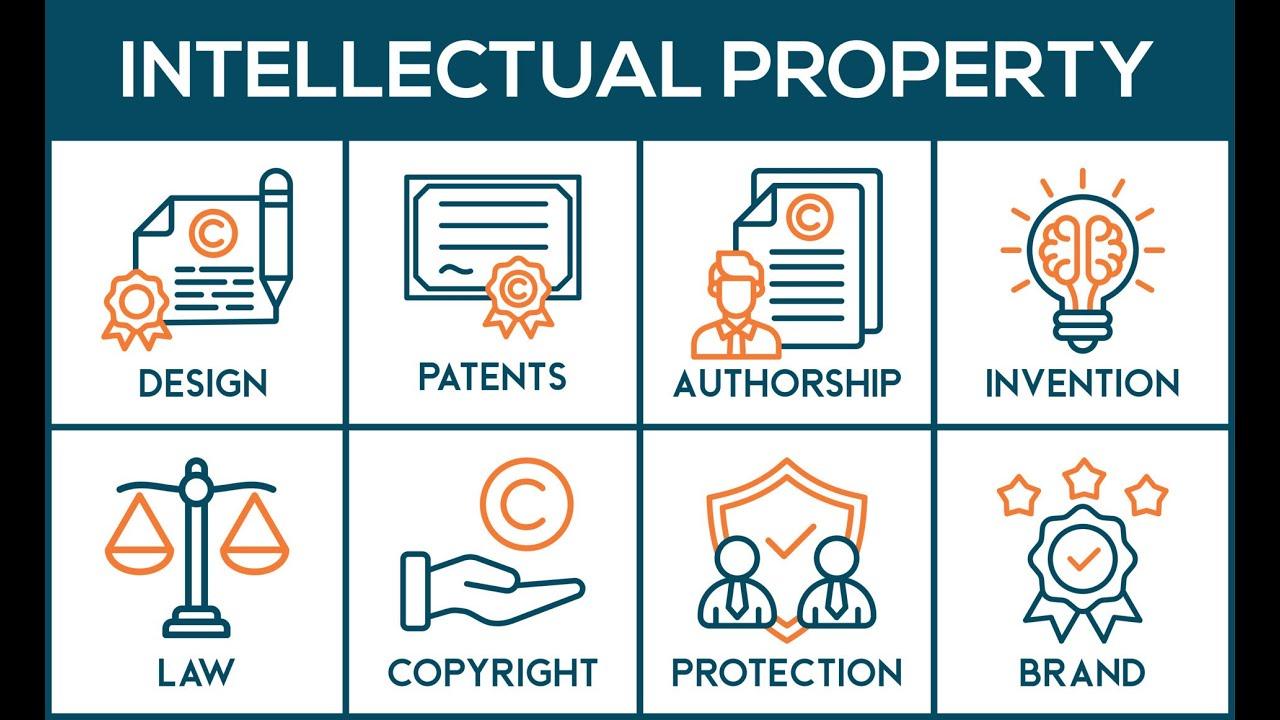
In an era where the digital realm has become an extension of our everyday lives, social media platforms like YouTube have transformed not just the way we communicate, but also how businesses market their products and engage with consumers. Enter the YouTube influencer—a modern-day trailblazer who wields the power to sway public opinion, shape trends, and drive sales with a mere click of a button. However, alongside the glitz and glamour of sponsored content lies a complex web of legal considerations that both influencers and brands must navigate to ensure compliance and protect their interests. In this article, we will delve into the intricate legal landscape of YouTube influencer marketing, exploring the regulations, guidelines, and responsibilities that govern this dynamic field. From disclosure requirements to contractual obligations, understanding these legal nuances is essential for influencers and brands aiming to thrive in this evolving marketplace while fostering trust with their audiences.Join us as we unravel the rules of engagement in this exciting frontier where creativity meets law.
Understanding the Regulatory Framework: Key Laws Impacting Influencer Marketing on YouTube
In the rapidly evolving world of influencer marketing on YouTube, several key laws shape the way brands and influencers interact with their audiences. The Federal Trade Commission (FTC) guidelines serve as a cornerstone, mandating transparency in advertising.Influencers are required to disclose any sponsorships or partnerships clearly, using appropriate hashtags such as #ad or #sponsored. This guideline not onyl builds trust with the audience but also protects consumers from deceptive marketing practices. Other relevant laws include intellectual property rights, which prevent creators from using copyrighted materials without permission, underscoring the importance of originality and ethical practices.
Internationally, regulations such as the General Data Protection Regulation (GDPR) in Europe have implications for influencer marketing strategies. Under this law, influencers must be cautious about collecting personal data from their audience and ensure they have adequate consent. Moreover, platforms like YouTube have their own community guidelines that complement these laws, including restrictions on harmful content and advertising. Understanding the intersection of these regulations is vital for influencers and brands alike to navigate compliance effectively. Here’s a summary of the key laws:
| Regulation | Description |
|---|---|
| FTC guidelines | Requires clear disclosure of sponsorships in content. |
| Intellectual Property Rights | Protects creators from unauthorized use of original work. |
| GDPR | Regulates the handling of personal data in marketing. |
| YouTube Community guidelines | Sets rules for acceptable content and advertising practices. |

disclosure Requirements: Best Practices for Transparency and Compliance
In the ever-evolving landscape of influencer marketing on platforms like YouTube, maintaining transparency and compliance with disclosure requirements is not just a legal obligation but also a cornerstone of building trust with your audience. Influencers must be clear about when content is sponsored,which helps followers understand the nature of their relationships with brands.Best practices include:
- Using clear language, such as “#ad” or “Sponsored,” placed prominently at the beginning of the video description or within the video itself.
- Clearly distinguishing between paid partnerships and organic content, ensuring that followers can easily identify promotional messages.
- Regular training on the legal and ethical implications of influencer marketing for all content creators involved.
Brands must also play a proactive role in encouraging their influencers to maintain compliance.Implementing a robust compliance checklist can help streamline this process. Below is a simple framework:
| Task | Duty | Status |
|---|---|---|
| Disclose partnerships before content | Influencer | 📅 |
| Review disclosure language | Brand | ✔️ |
| Monitor compliance regularly | Agency | 🔄 |
By embracing these practices collectively, influencers and brands can navigate the legal intricacies of YouTube marketing more effectively, minimizing the risk of non-compliance while maximizing audience engagement.

Intellectual Property Considerations: Protecting Your Content and Brand Partnerships
For YouTube influencers, the ability to protect your original content and brand partnerships is crucial in maintaining a distinct identity and ensuring the continued success of your channel. Copyright laws mean that your original videos, graphics, and music are protected from unauthorized use, but you should take proactive steps to assert that protection. Consider implementing the following practices:
- Register your content: File your original works with the copyright office to strengthen your legal position.
- Use watermarks: Mark your content visibly to deter unauthorized use and to reinforce brand recognition.
- Monitor usage: Regularly check the platform and online for unauthorized reposts of your work.
When partnering with brands, clear agreements are essential to protect both parties’ interests. These partnerships can sometimes lead to disputes regarding usage rights, content ownership, or compensation expectations. To mitigate risks, it’s a good idea to create a thorough contract that covers:
| Contract Element | Description |
|---|---|
| Scope of Work | Define what content will be created and delivered. |
| Usage Rights | Specify how the brand can use your content and for how long. |
| Compensation | Outline payment terms,including any performance-based bonuses. |
| Termination Clause | Conditions under which either party can terminate the agreement. |

Navigating Brand Collaborations: Strategies for Legal Clarity and Success on YouTube
Collaborating with brands can be an exciting prospect for YouTube influencers, but it’s essential to navigate the legal aspects with care. One key strategy is to draft clear contracts that outline obligations, deliverables, and compensation. This ensures that both parties are aligned on expectations and minimizes misunderstandings.Influencers should also pay attention to the terms and conditions set by brands, as well as disclosure requirements mandated by regulatory bodies. Being clear with audiences about paid partnerships not only builds trust but also ensures compliance with laws such as the FTC guidelines.
Furthermore, influencers must understand the importance of protecting their intellectual property during collaborations. Establishing clear ownership rights in the contract helps prevent future disputes over content created. Consider including the following elements in your agreements to promote legal clarity:
- Scope of Work: Define what will be created, including video formats and posting schedules.
- Use of Content: specify how the brand can use the video and any related materials.
- Compensation Details: Outline payment structures, including bonuses for performance metrics.
Insights and Conclusions
as the digital landscape continues to evolve, navigating the intricate legalities of YouTube influencer marketing becomes increasingly essential. brands and influencers must stay attuned to regulations and ethical considerations,ensuring that their collaborations resonate authentically with audiences while adhering to legal standards. Whether you’re a budding influencer or a seasoned marketer, understanding the intricacies of these laws empowers you to forge genuine connections without straying into murky waters. As you venture forth into the vibrant world of YouTube, remember that knowledge is your greatest ally.Equip yourself with insights, remain adaptable, and embrace the journey—after all, in this ever-shifting terrain, informed creators and marketers will not only thrive but also inspire trust and engagement within their communities. The future is bright for those who navigate wisely.